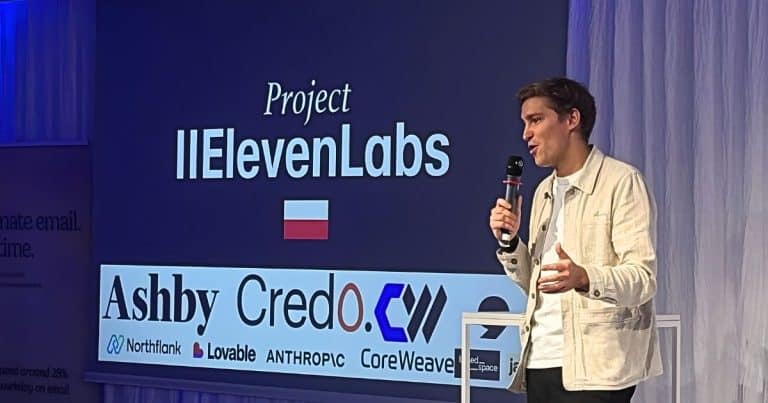On APIs eating the world and creating TikToks for developers with Joyce Lin of Postman


Almost every developer works with web APIs today, and the time they spend working with APIs continues to grow year over year.
No wonder Joyce Lin, Head of Developer Relations of Postman, decided that her talk at the Shift conference in Miami would be titled “APIs are eating the universe”. Postman – a platform for building and using APIs, has 20 million users. In their State of the API report, 51% of respondents said that more than half of their organization’s development effort is spent on APIs. And 89% say API investments would rise or remain steady in the coming year.
You don’t have to be a developer to feel the impact of APIs in our everyday lives. They’re all around us.
Joyce Lin, Postman
Even developers who haven’t traditionally worked with web APIs are starting to get involved as the world becomes more interconnected, for example with data integrations and third-party services.
APIs live and die by developer experience
Asked to provide some words of wisdom for both API providers and API consumers, Lin has only two words to say: developer experience.
API providers that offer a smooth onboarding process have a developer mindset, and frequently this corresponds to the API itself in terms of design and support. You may think you have the best API on the market, but if it’s poorly documented and unpredictable, that’s a disservice to your consumers. Create onboarding guides to help reduce the time to value for your consumers. Watch new developers read through the docs and make their first call, and ask new team members to record their first experiences while they have fresh perspectives.
When it comes to API consumers, Lin says that sometimes the simple criterion of “it just works” can be enough when evaluating different API options:
Of course, you’ll want to make sure that the API is affordable, scalable, and can grow with your business. But don’t discount the value of an API that just works when evaluating different choices for APIs.
In her talk at the Shift Miami conference, Joyce reflected on the popularity of API protocols and patterns over time but also talked about what’s next in API development and how she sees it evolving. At Shift Zadar Joyce will show how to reverse engineer a private web API.
The developer community is a collaborative space
As a Head of Developer Relations, Joyce’s job is to share her knowledge through speaking, blog posts, or videos with the developers’ community. She got into developer advocacy when she was trying to find a job as a software engineer after attending a coding boot camp. She had previously worked as a product manager:
Even though I had never heard of this type of role, I got a job as a developer advocate, which allowed me to be technical and share what I learned with the community.
Something about the developer community that I admire is that a lot of people do this on their own time, even if they don’t officially work in developer relations. It is a very collaborative space where people build open-source tools and projects and share their wisdom freely.

Reaching more developers on TikTok than on Twitter
The space is becoming more and more crowded, with tonnes of content being created almost daily. At the same time, the average attention span is getting shorter. Joyce is one of the rare tech content creators exploring TikTok as a channel to reach developers.
I like to watch cat and dog videos and don’t personally use TikTok to learn about technology, so I am still surprised when people watch my TikToks about anything that I come across in my daily tech career, from web scraping to continuous integration.
I am able to reach way more people on TikTok compared to other platforms like Twitter or YouTube.
Even better, people are not just listening to what I have to say; they’re leaving comments and sharing their own ideas. So I get to learn as much from my viewers as they learn from me.
It’s an easy and quick way for me to see what’s on everyone’s minds.
Joyce Lin, Postman
Sharing your ideas like this increases the discourse in the developer community and also helps independent developers who may not have access to the diversity of thoughts and trends available on the broader interwebs.


